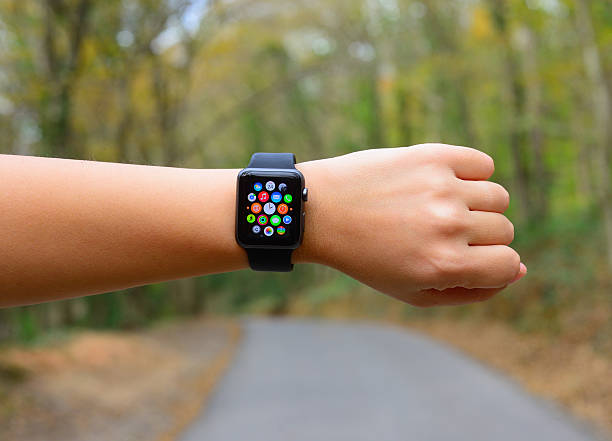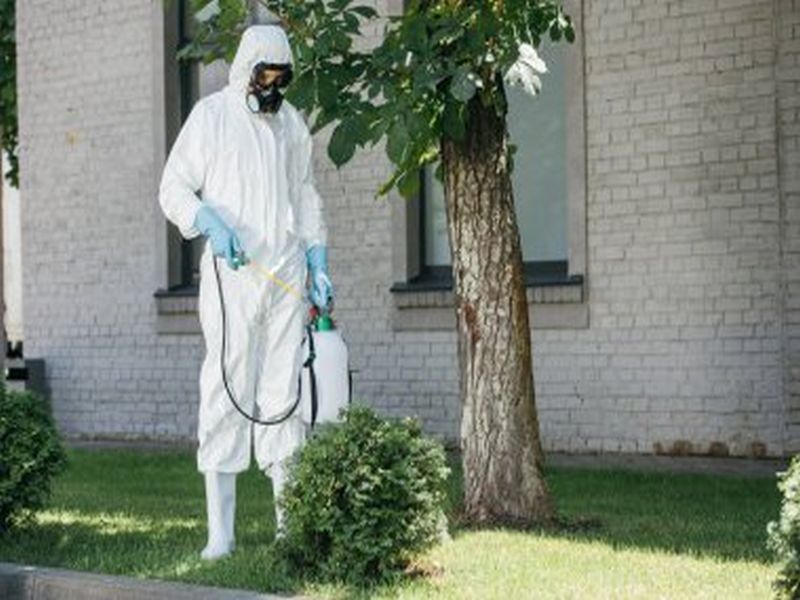The present social craze for lucky numbers on mobile phones in China could be thought of as an emerging superstition that has emerged from the faddish and fetishism. This is a method of expression which demonstrates people fearful in the midst of societal change that is sweeping.
According to Hobsbawm, and Ranger, invented traditions are likely to emerge at the time of massive changes in society that see traditional values disappear from the social fabric.
Market sim so dep Value
Lucky Mobile offers prepaid SIM cards with a variety of information packages for sale at affordable rates. Additionally, it is easy to use and provides seamless connection. Lucky Network sim cards are readily available in retailers and on-line. They can choose from various validity periods that suit their requirements and budget.
A lot of people in Vietnam prefer to have a VIP or fancy number. Numerous SMS advertisements are sent to them, offering distinctive numbers or “cantik” that some consider lucky. Model NgocTrinh is one such situation. She spent millions of dollars for the number she thought to be lucky.
Lucky Mobile, a Canadian provider of prepaid services that makes use of the Bell Mobility Network, is offered in Canada. The company offers its cards through Bell, Visions Electronics, Walmart, Circle K, Glentel (TBooth Wireless and Wireless Wave), Staples, Giant Tiger, and Dollarama establishments. It also distributes its cards through retail partners which include Public Mobile and Telus. Low-cost plans from the company includes voice and text messaging as well as data and international calls.
Telecom Companies
The company was established in 2017. Lucky Mobile is a prepaid virtual mobile network provider that gives Canadians an affordable alternative for the national mobile providers. With an array of data packages, users can choose a plan that best suits their needs for communication and financial. It offers amazing coverage and at affordable prices.
Some people are willing to spend a lot of money to get this lucky number. The craze for this is mostly popular across Hong Kong where many think that it will bring good luck, there are others in other areas of Asia that do exactly the same. The entire business was born in the wake of.
The state-owned telecoms of China, for example has been criticized in the past for profiting from fables and selling numbers believed to be luckier. Even with this issue, it seems like the trend is here to stay.
Culture Beliefs
In a society where the economic system is increasingly real and individuals feel uneasy and unsecure and secure, numbers are slowly regaining their significance as spiritual and magical objects. Numbers can serve a variety of reasons, from making announcements about fortune, or reducing stress and anxiety. Their meanings also vary across cultures. Three, for example, can be considered a lucky number for Swedish, South Koreans and Vietnamese. It symbolizes balance as well as harmony, prosperity and peace according to in the Vietnamese word “three” that sounds similar to heaven, earth and ground, translates to.
The appearance of the craze for lucky numbers can be viewed as evidence of the process of detaching that has occurred in contemporary times (Giddens). In particular, 8 in the Chinese number 8 is thought of as extremely lucky because it sounds similar to the term “wealth,” and it is believed to enhance one’s wealth as well as success. Certain Chinese are prepared to spend huge sums of money to get a phone number which begins with the letter the number 8. The number 8 has become a status sign in China.
Consumer behavior
There are various types of SIM card available. The customers are attracted to the brands which offer special discounts or unique features. A few smart marketers are also using targeted marketing programs that help people choose the ideal brand for their preferences.
The COVID-19 disease has caused a number of difficulties that mobile device producers and service providers, including production disruptions and labor shortages that increased shipping delays. These issues have affected cell phone shipments, and have slowed progress on next-generation devices.
It is possible for fraudsters to use your cellular number to make false claims about you in order to obtain personal data or perform fraudulent transactions such as purchases on e-commerce sites. To prevent SIM swapping is a collaboration between companies, telecom providers, and customers. For your protection, you should avoid choosing numbers that repeat digits or are not long enough or too long. This is particularly important if you work in the financial industry. Also, limit the number of times you change cellular service providers.



